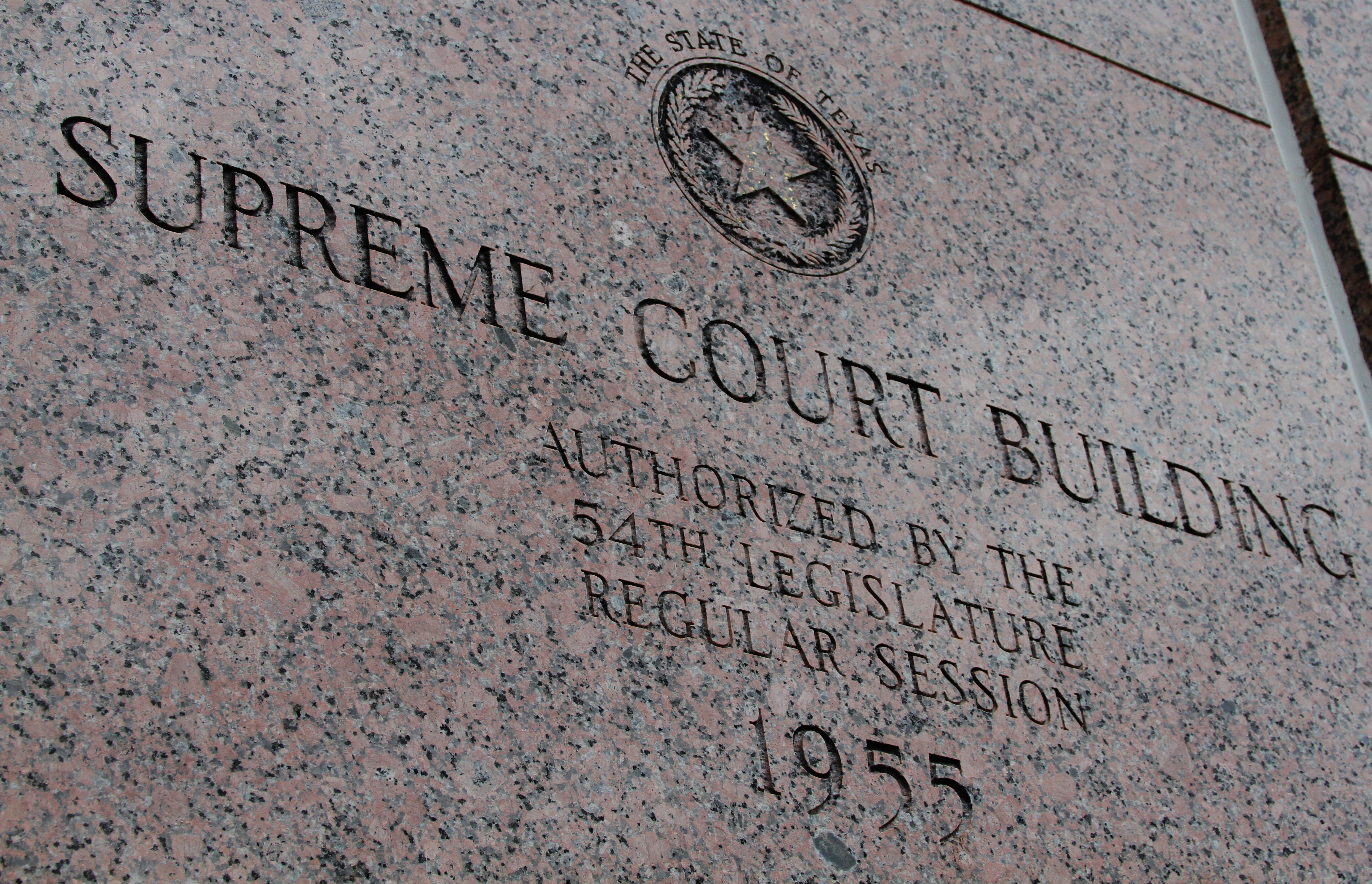In re David Dow
No. 15-025
Case Summary written by Catharine Hansard, Lead Articles Editor.
Miguel Paredes was convicted of capital murder in 2001 for killing three members of a rival gang. Paredes was sentenced to death, and after raising twenty-nine points of error, the Court of Criminal Appeals confirmed Paredes’s conviction.
In 2003, Paredes sought habeas relief in state court, and beginning in 2006, Paredes sought habeas relief in federal court. At each hearing, Paredes instructed his lawyer at the time, Michael Gross, to waive claims for ineffective assistance of counsel and counsel’s failure to present mitigating evidence at the punishment phase of his trial. The state court and federal district court in which Paredes applied denied habeas relief, as did the Court of Criminal Appeals and the Court of Appeals for the Fifth Circuit.
In May 2014, Gross notified Paredes that the state set his execution for October 28, 2014. Paredes acknowledged receipt of Gross’s notification and informed Gross that, at the time he waived the ineffective counsel claims during his habeas hearings, Paredes had been suicidal and on medication. Around the same time, Paredes contacted David Dow, an experienced capital defense attorney, for last minute help. Dow received Paredes’s letter for help on June 9, and from September 12 to October 14, Dow investigated Paredes’s case. On October 21, Dow filed a motion to reconsider denial of habeas relief, a new application for habeas relief, an application to stay Paredes’s execution, and statements to explain the untimely filing pursuant to Court of Criminal Appeals Miscellaneous Rule 11-003, a rule that operates to ensure timely filings and deadlines in cases involving execution. The Court of Criminal Appeals denied Dow’s motions on October 23, and the Fifth Circuit subsequently denied Dow’s motions on October 25. After the United State Supreme Court denied a stay of Paredes’s execution, he was executed on October 28.
After appearing before the Court of Criminal Appeals to show cause for why he should not be sanctioned for violating Court of Criminal Appeals Miscellaneous Rule 11-003, the Court of Criminal Appeals held Dow in contempt and, because of his prior violation to the predecessor to Miscellaneous Rule 11-003 in 2010, Dow was also suspended from practicing before the Court of Criminal Appeals for one year. Dow sought mandamus and declaratory relief in the Supreme Court of Texas, claiming that the Court of Criminal Appeals exceeded the scope of its authority. The issue before the Supreme Court of Texas was whether the Court had jurisdiction to grant Mr. Dow such mandamus and declaratory relief.
Dow argued that the Texas Supreme Court had exclusive authority to regulate the practice of law and thus, jurisdiction to grant him mandamus and declaratory relief. The Texas Supreme Court considered the specific situations, according to Article V, § 3(a) of the Texas Constitution, in which it may issue writs of mandamus: (1) when it is “necessary to enforce its jurisdiction” and (2) in cases that the Texas Legislature specifies. Tex. Const. art. V, § 3(a). The Texas Supreme Court determined that it may only issue a writ of mandamus to a lower court to enforce the Texas Supreme Court’s jurisdiction—and the Court of Criminal Appeals is not a lower court. Furthermore, the Texas Supreme Court determined that the Texas Legislature has authorized the Texas Supreme Court to issue writs of mandamus only in circumstances specified under § 22.002(a) of the Texas Government Code, and the statute expressly prohibits the Texas Supreme Court from issuing writs of mandamus to the Court of Criminal Appeals.
The Texas Supreme Court also considered its authority to regulate the practice of law. The Texas Supreme Court determined that its duty to regulate the practice of law is administrative in nature, and under § 22.002(a) of the Texas Government Code, the Texas Supreme Court has the ability to issue writs of mandamus to lower courts that interfere with the disciplinary process. This provision, however, also prevents the Texas Supreme Court from issuing writs of mandamus to the Court of Criminal Appeals. Furthermore, the Texas Supreme Court noted that the Court of Criminal Appeals issued a valid sanction against Dow for his failure to comply with Miscellaneous Rule 11-003, which exists to ensure that pleadings are filed timely in death penalty cases.
Finally, the Texas Supreme Court decided that because declaratory relief only operates to make mandamus relief effective and the Court did not have mandamus jurisdiction, the Texas Supreme Court did not have jurisdiction to grant Dow the declaratory relief he requested.


